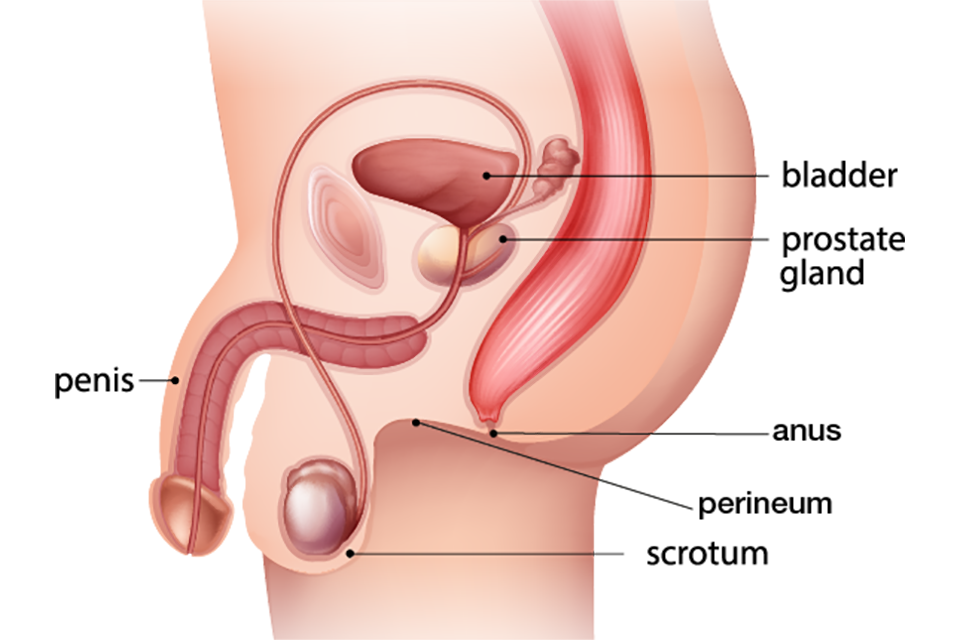Prostate Talk with Errol McKellar
Tuesday 18th November, 6:30pm, The Nightingale Centre, EN1 3JT
Join our next talk with Errol McKellar for a private space to learn more about prostate cancer, symptoms, diagnosis and treatment and receive a free PSA Test Kit that helps to detect prostate problems. Prostate cancer is the biggest cancer in British men and we encourage you to come so that you can begin to feel more comfortable around these subjects, advocate for yourself in appointments and not feel as alone or scared.
You don’t have to talk but you do have to listen!
We know this can be a really awkward subject so we’ll break the ice. Our session talks about erectile disfunction, sexual libido, incontinence, feeling emasculated, loneliness, and losing confidence. It’s not all on you to share but this is an opportunity for you to ask questions and voice concerns in a judgement free zone. No question is stupid and no query is small.
Plus, get a free PSA Test Kit, which usually retails for up to £20!
Register below today and take your prostate health into your own hands.
What is a prostate?
The prostate is a gland about the size of a walnut that lies just below the bladder. It’s part of the male reproductive system, it’s main job is to make semen by producing a fluid that is mixed with sperm. Problems with the prostate gland can affect how you urinate and your sexual function.

What is a PSA test?
A PSA test checks the level of protein specific antigen (PSA) in your blood as an elevated PSA level can be an indicator of prostate problems including urinary infections, enlarged prostate, prostatitis and prostate cancer.
PSA tests are not a conclusive diagnosis and they are not a substitution for going to your GP if you are experiencing symptoms of prostate cancer. However, they are an easy-to-use tool to detect potential prostate cancer early.
Tests can normally cost up to £20 but thanks to the Errol McKellar Foundation we’re able to offer every person who joins our talk a PSA test for free.

Who runs the talk?
The talk is led by Erroll McKellar; football coach, former garage owner and prostate cancer survivor.
He was diagnosed with aggressive prostate cancer in 2010, had treatment, and now he’s all clear. He’s been sharing his story and helping other men like you ever since.
Errol has received an MBE for his service in raising awareness of prostate cancer! So he’s a great person to learn from.
Do I have to be a Nightingale client to attend?
Not at all.
This talk is free and open to all men, you simply have to register.
How much does the talk cost?
The talk is free! The Errol McKellar Foundation are a charity that focuses on giving presentations and talks around the UK to raise awareness of important men’s health, like prostate cancer.
How long is the talk?
The talk runs for 2 hours, but some people end up talking for a bit longer. Sometimes the Q&As will run on a little longer. If you have questions, we want to stay until they’re answered.
Will there be a chance to talk one-to-one?
Errol would be very happy to speak with you individually after the event depending on how many attendees there are and what time the talk finishes.
Is this a medical appointment? Will I be examined?
No. This isn’t a medical check-up, and there are no exams involved.
It’s simply an informal information session where you can listen, learn, and ask questions if you want to.
I’ve already been diagnosed - will this still help me?
Yes! Errol covers symptoms, treatments, and real-life experiences, and there’s a chance to ask any questions you may still have.
Whether you’re newly diagnosed or further along, you’ll likely hear something useful and be able to chat with people in similar situations to you.
I don't want to talk about myself
That’s absolutely fine. You can still come to the talk and just sit, listen and take in any helpful information for you.
I'm in my 40s, do I need to think about this now?
Our short answer is yes.
Prostate cancer often has no early symptoms, and the risk increases from your mid 40s onward, especially if you’re black or have a family history. Knowing the signs now could make all the difference later.
